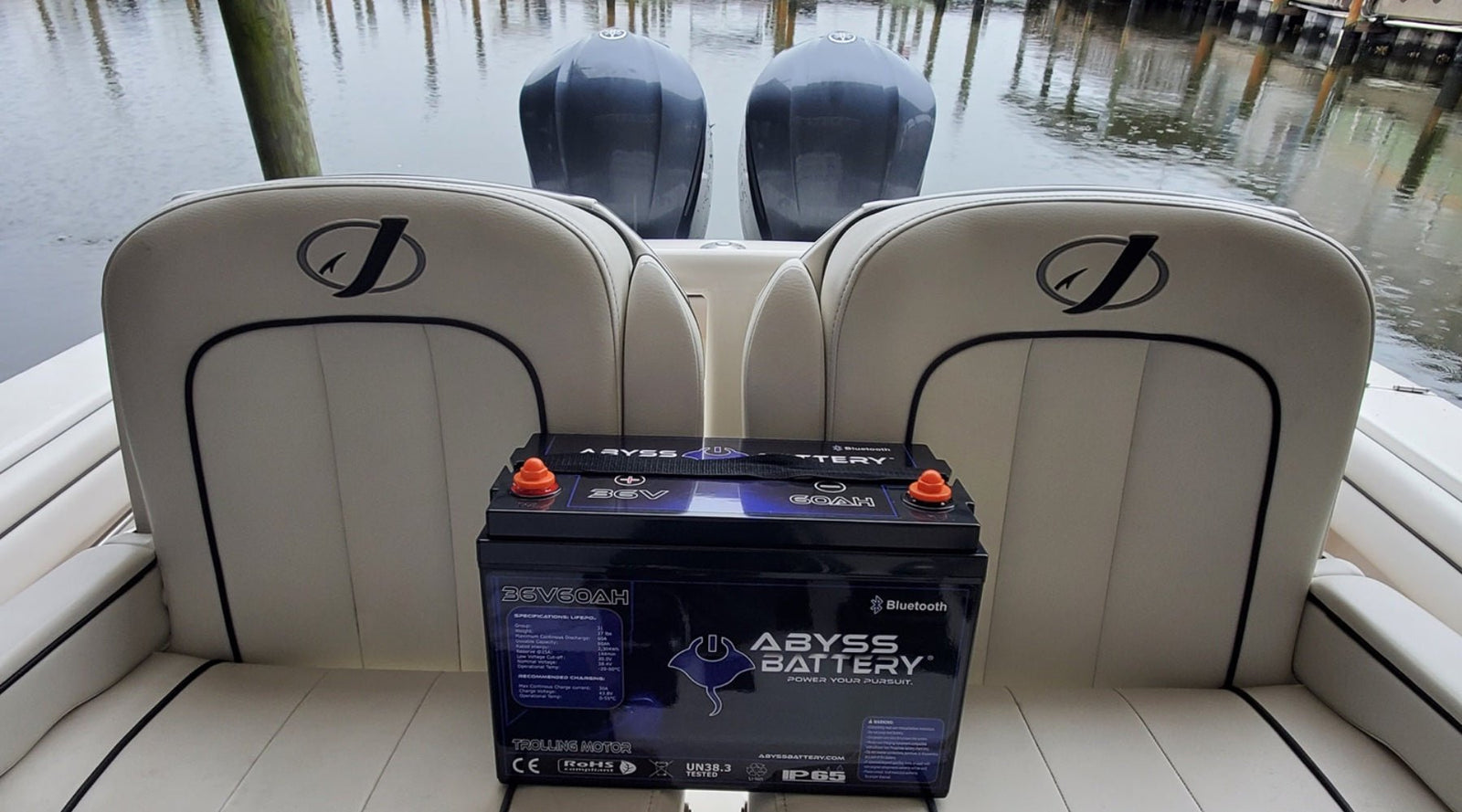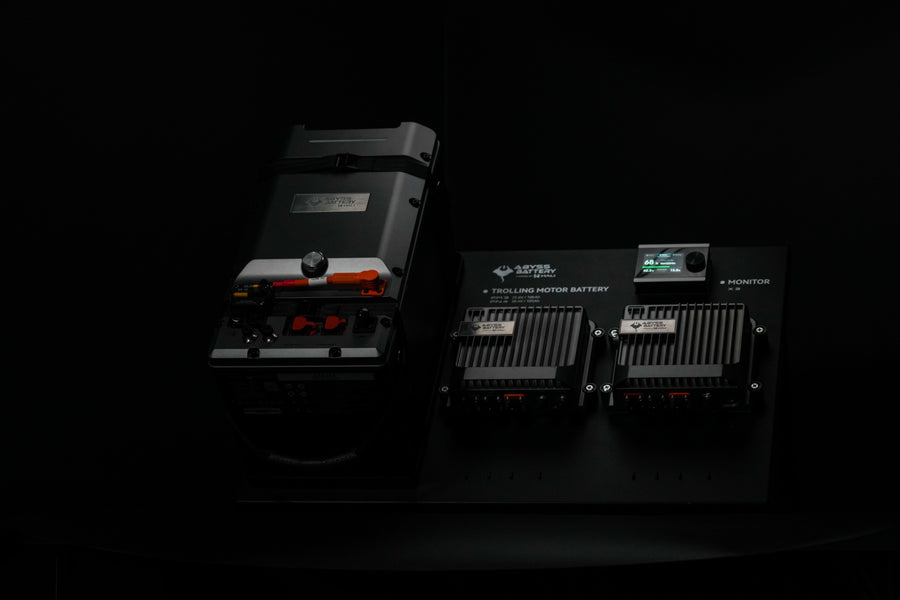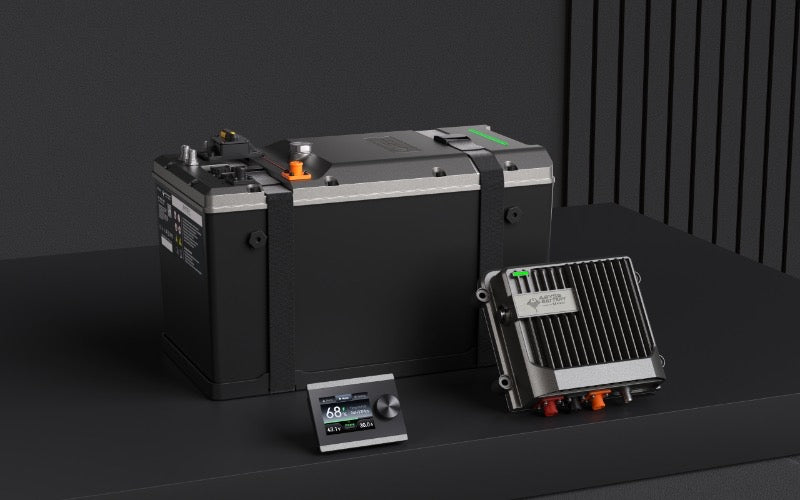The Importance of Switching Over to Lithium Marine Batteries

Lithium batteries are among the most popular trends in boating and the marine industry today, and many boaters are making the switch. If you’re looking to learn more about lithium batteries, you’ve come to the right place. We’ll explain lithium batteries and why more boaters are making the switch.
What Are Lithium Marine Batteries?
Before we explain why lithium marine batteries are important and why so many boaters are making the switch, we’ll explain what they are. Lithium batteries are considered the future of battery technology and a step above the old-fashioned lead-acid batteries that have been so common for so long.
Today, technology has advanced with the lithium-ion marine battery that is becoming increasingly popular in residential homes, small vehicles like golf carts, and boats. Below, we’ll show why it’s important for boaters to switch to lithium marine batteries from standard lead-acid units.
Why Boaters Are Switching to Lithium-Ion Marine batteries
They’re Smaller & Lighter
One of the most practical benefits of marine lithium batteries is that they’re much lighter and smaller than their lead-acid counterparts. Obviously, dynamic maneuvering and fuel efficiency on the water come easier with a lighter vessel.
A lithium battery is around 50 percent lighter than a lead-acid unit and up to 70 percent in some instances! For instance, our 36V lithium marine battery weighs less than 40 lbs. Installing a lithium battery is the best way to put your boat on a diet and lose some weight!
They Offer Greater Power Capacity
Another reason that boat owners love lithium batteries so much is they provide more power capacity than lead-acid units despite their small size. When drained past 50 percent of its capacity, a typical marine battery loses power quickly, causing damage and even shortening its life.
On the other hand, you can drain a lithium marine battery well past the 50 percent mark without losing power or causing damage. Most lithium batteries can discharge 80 percent of their capacity, and our batteries can lose nearly 100 percent of their charges without losing voltage or suffering long-term damage.
They Last Longer
A lithium marine battery lasts longer and offers more charge-discharge cycles to boaters than lead-acid batteries. A regular lead-acid battery has about 1,000 charge-discharge cycles in its lifespan.
That’s not bad, but a lithium-ion marine battery offers upwards of 5,000 charge-discharge cycles to boaters! A single marine lithium battery can last as long as five new lead-acid batteries, which means greater value to the owner and more money in their pocket.
Do you want to learn more about the importance of switching to marine lithium batteries? Contact our expert staff with any questions about our batteries, and we’ll help you find a lithium marine battery for your vessel!





I decided to do some study on marine batteries to aid my mother, who has been intending to buy some for an old boat. It’s fortunate that I came across your article because you mentioned that one of the most useful features of marine lithium batteries is their lower weight and smaller size, which contributes to lighter vessels. I’ll surely discuss this with her and look into expert services that might assist her in acquiring them because I think trying this would be a fantastic idea.
http://batteryxchange.com/applications/marine-application/
Leave a comment